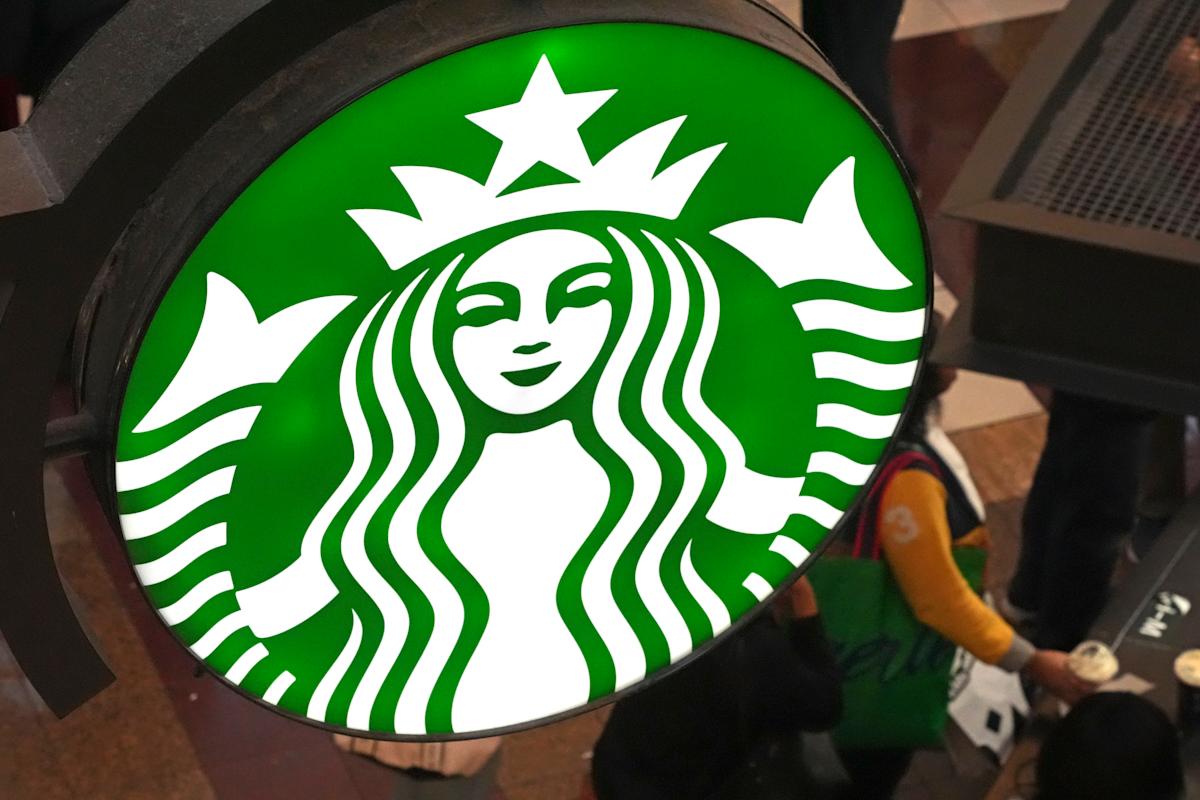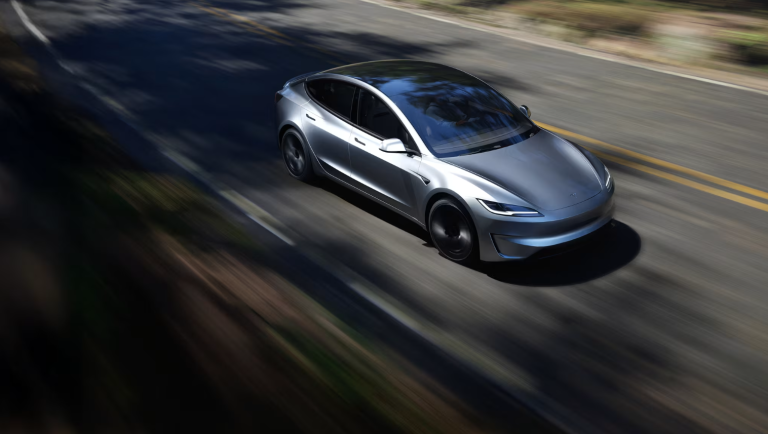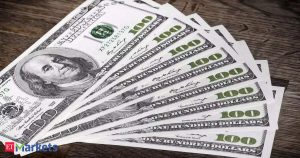Starbucks (SBUX) may soon have to hike prices on its pumpkin spice lattes and bottled Frappuccinos.
The coffee giant is facing cost pressure from the 50% tariff on Brazilian coffee imports, which takes effect on Aug. 6. Brazil is the largest coffee exporter to the US.
Tariffs will increase Starbucks’ cost of goods, particularly for its ready-to-drink (RTD) beverages and packaged beans division. Annual costs in the division could increase by 3.5%, resulting in a $0.02 earnings per share impact, according to a note by TD Cowen analyst Andrew Charles.
The company’s margins are already under pressure. In its latest quarter, operating margin fell sharply to 13.3% from 21% a year ago. Its US same-store sales declined for the sixth consecutive quarter.
Revenue in the quarter climbed 4% year over year to $9.5 billion, beating Wall Street’s forecast of $9.3 billion. However, adjusted earnings per share of $0.50 fell far short of the expected $0.65.
Its stock has traded slightly lower since its earnings report last week. Year to date, Starbucks shares are down 1%, compared to the S&P 500’s (^GSPC) 8% advance.
Starbucks has said it will keep prices steady at least through fiscal 2025. But CEO Brian Niccol has not ruled out the possibility of raising prices.
“We’ll be smart about how we go about increasing any of those prices,” Niccol said on Yahoo Finance’s Opening Bid after the earnings report.
Food giants like Keurig Dr Pepper (KDP) and J.M. Smucker (SJM) have already begun issuing higher prices to offset rising coffee expenses. As costs climb, it may become increasingly difficult for Starbucks to hold out.
Read more: How to protect your savings against inflation
Raising prices comes with its own risks. Michael Gunther, head of research at Consumer Edge, told Yahoo Finance that Starbucks has been losing market share among 18-to-34-year-olds, a demographic especially sensitive to price hikes. The company needs to remain competitive with fast-growing rivals like Luckin Coffee, he noted.
To mitigate the impact, Starbucks is expanding its supply chain and investing more in Central American coffee farms, which it began doing late last year. A Starbucks spokesperson confirmed to Yahoo Finance that the company sources its arabica coffee from 30 countries globally. TD Cowen estimates Brazilian beans make up 22% of Starbucks’ coffee costs in North America.
Tariffs are expected to affect the wider US coffee sector, fueling 15% to 20% price hikes in ground coffee at a retail level, according to Bernstein analyst Danilo Gargiulo.








